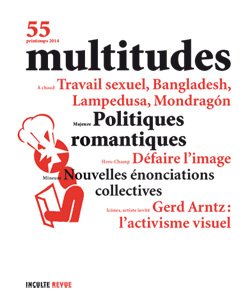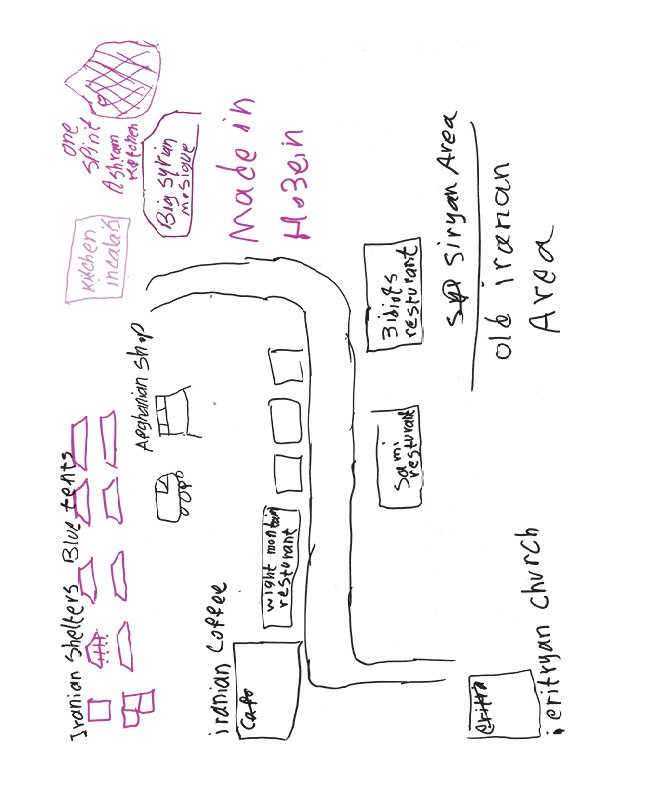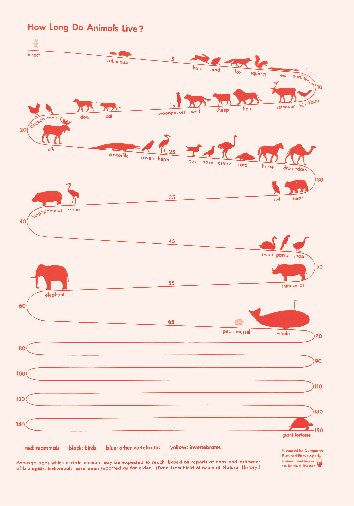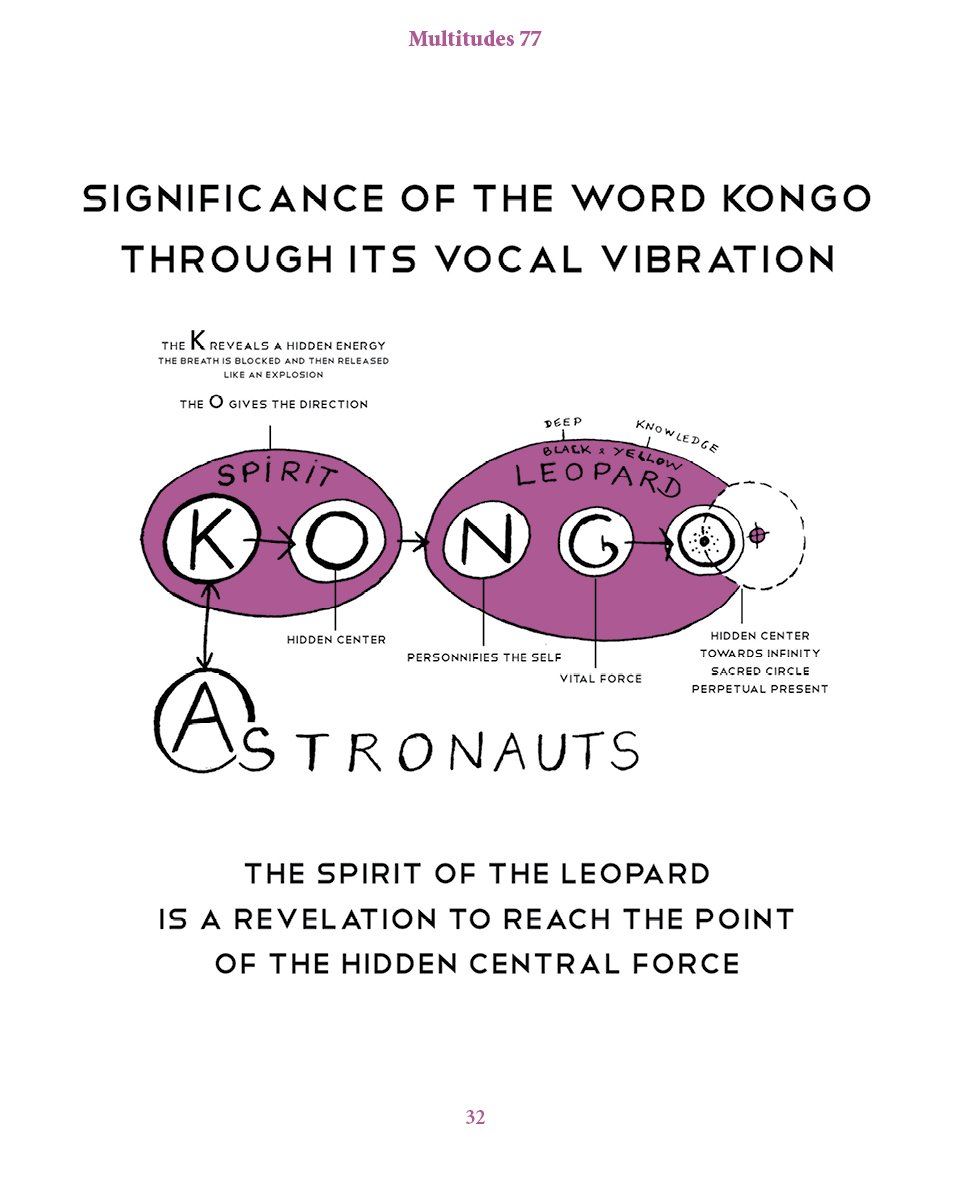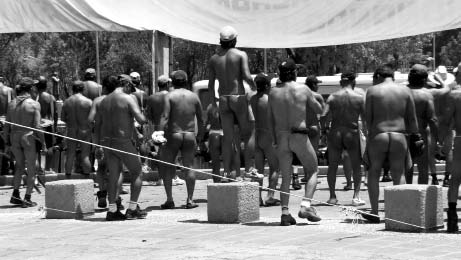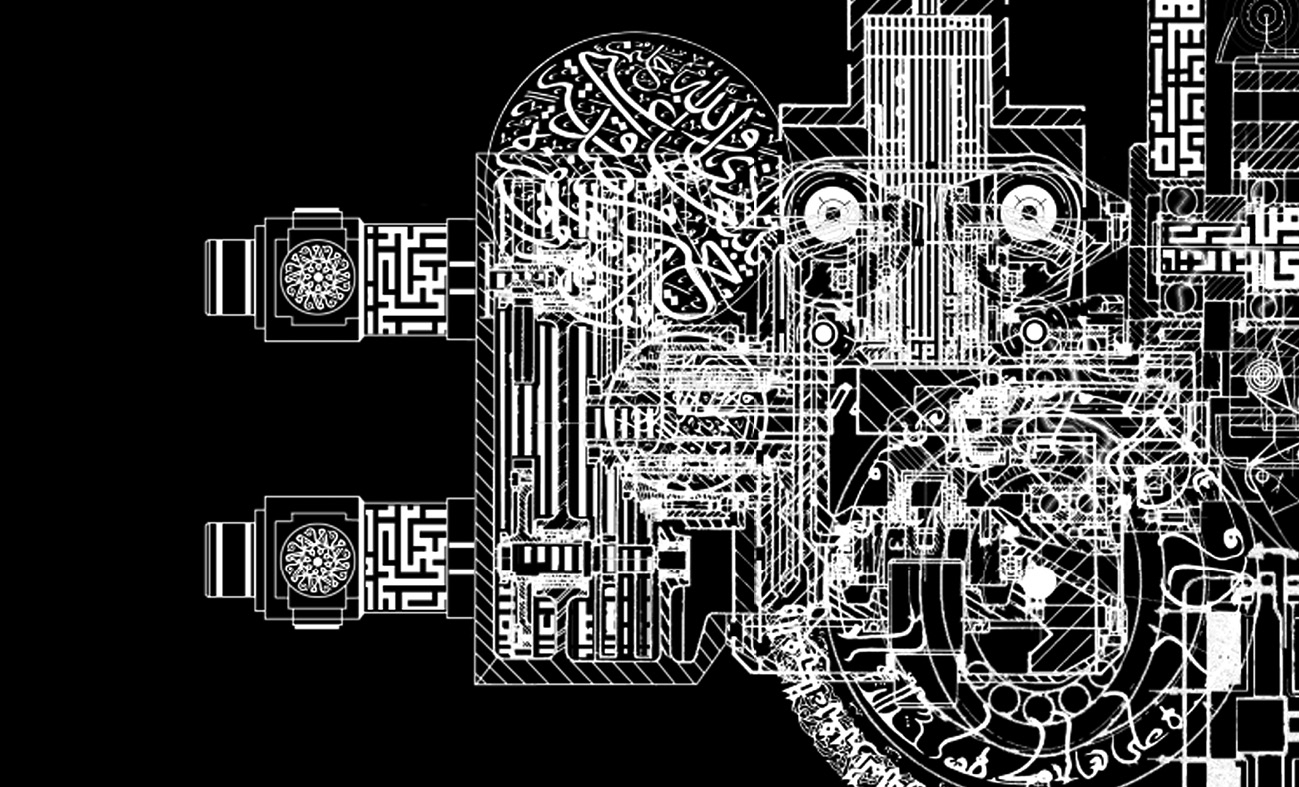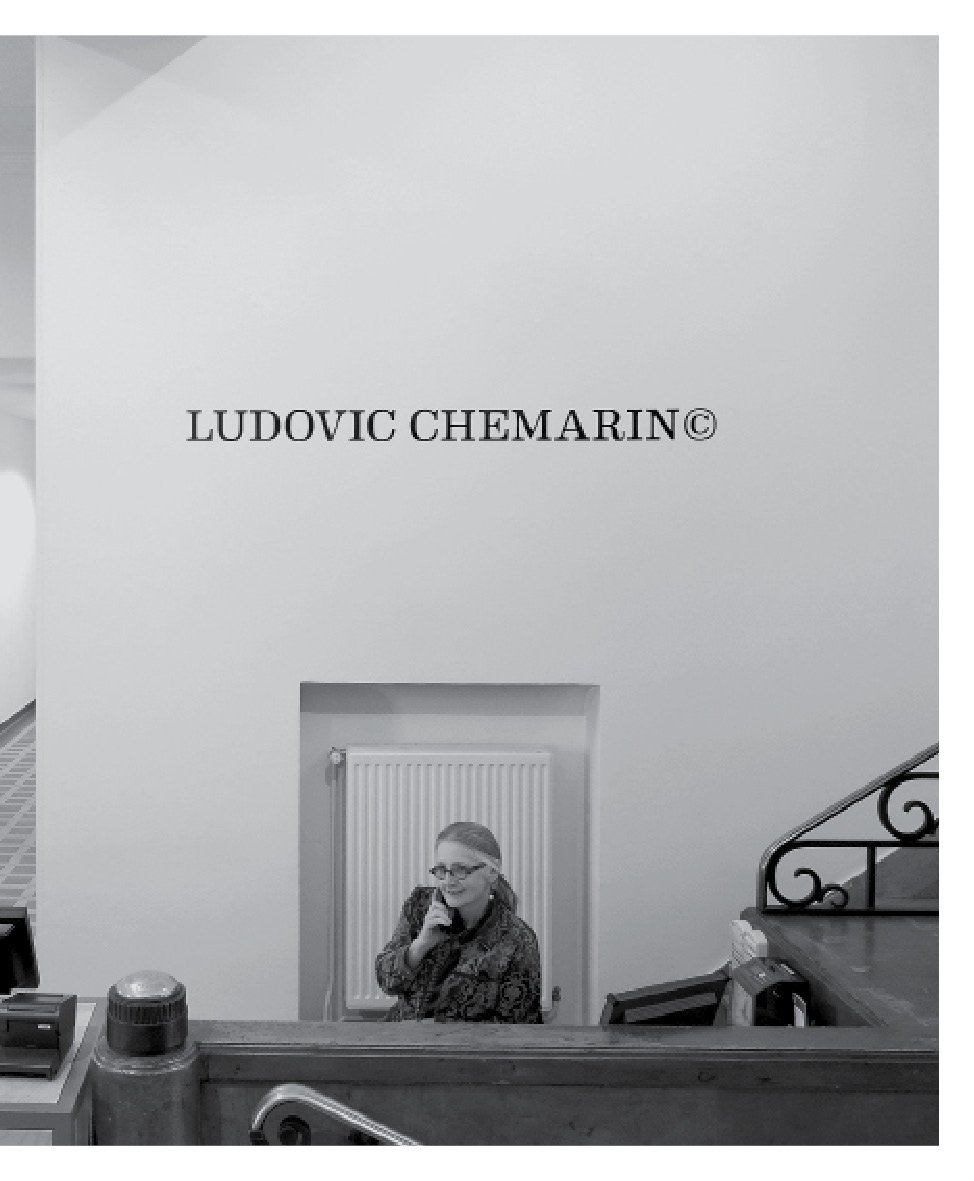La vague de mouvements sociaux et citoyens apparus en 2011-12 dans plusieurs pays d’Europe et de l’Amérique latine, prenaient souvent comme cible majeure la « sacro-sainte » démocratie représentative et manifestaient une défiance à l’égard du système des partis. Prétendant donner la parole au peuple, la démocratie représentative rend les citoyens passifs, et consigne le pouvoir citoyen à des représentants susceptibles d’être influencés par des partis et, indirectement par les oligarchies dominantes. L’auteur passe en revue différentes pratiques démocratiques en analysant les avantages relatifs qu’elles apportent : démocratie directe, démocratie participative, démocratie délibérative, contrôle citoyen, tirage au sort, et plaide pour une combinaison de ces modalités, récupérant le rôle actif des citoyens. Une version plus développée de ce texte (30 p.) peut être trouvée dans le blog Changement & Société : albanocordeiro@wordpress.com
Did You say “Real Democracy”?
The wave of social and citizen movements observed in Europe and Latin America, in 2011-2012, took, as one of the main targets, the representative democracy, venerated as the democracy by excellence, as well as the party’s system being distrusted. In the name of the people voice, the representative democracy makes citizens passive, and therefore it becomes possible for the dominant forces to influence political activities in order to prevent Alternative. Other democratic practices are possible (direct-participative democracy, “tirage au sort”, citizen control…). The author pleads for a combination of these practices in a way citizens can have an active rule in a stable political structure.

